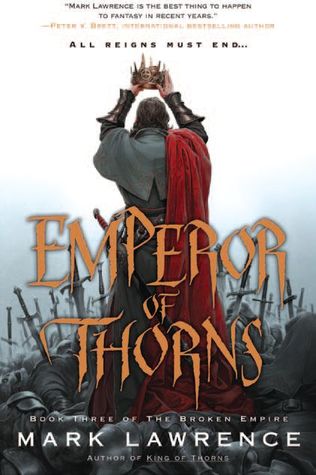Talk about kicking the vipers nest, eh?
I, for one, do not believe in that. Heck, I'd go so far as to say that I think it's ludicrous that someone would/wouldn't pick-up a book based on the author's gender.
But, all that is for another time, another post, another mass internet debate.
Today, Gaie has centre stage - and yes, Babylon Steel might be a damsel with an appetite for the physical side of life (heck, who doesn't like sex and brawling?...in some senses they're very much alike), but I assure you, you won't find her taking centre stage in a chain bikini...
Take it away!
You know those lines in the Airplane films about ‘Looks like I chose the wrong day to…”
Well, unbeknownst to me, just as a great deal of furore was
in the process of bubbling up about everything from depictions of women in
fantasy and what sort of armour any sane woman would wear on the
battlefield (hint - not the sort that
showcases your boobs, unless you want a broken sternum) to Fake Geek Girls,
Girl Cooties in SF and whether the day of the kick-ass heroine was over, I was
writing swordfighting fantasy with a female protagonist. The eponymous heroine, Babylon Steel, is not
only good with a sword, but good in bed and proud of it. She runs a brothel, she’s its chief asset and
she regards whoring as a craft, not a last resort.
Of course, I was actually doing it on purpose. Not courting controversy, that is, but
writing about a character who embodied certain things that interest me. I do wonder about the timing, but then, my
subconscious has an entire life of its own and only occasionally lets me in on
it.
Babylon is a strong woman who is physically capable of
taking care of herself. Now, it
frustrates me that this should even still be an issue. I know lots of women like this. Every martial arts class I’ve ever taken or
witnessed contains women – sometimes, they’ve been the instructors. True, not all female protagonists have to be
kick-ass. On the other hand, neither do
all male ones, but strangely, I don’t hear nearly such a fuss about all these
kick-ass men and how everyone’s getting really tired of that trope. (I was recently asked at a panel whether
kick-ass female characters really are
empowering for women. My response was to
ask whether James Bond is empowering for men.
At which point the panel ended, sadly – I’d still be interested in the
answer).
Maybe not everyone of
any gender wants to be kick-ass. Maybe not everyone – of any gender - should have to be. But with the constant chronic threats to
women’s physical autonomy that we all live with, I can’t see any reason why
anyone, except perhaps people who’d rather women stayed nice soft targets,
would object to physically capable female role models.
I don’t, of course, believe that all problems can or should
be solved with violent physical response – but I don’t believe the capacity
should be confined to one gender. After
all, it never has been. Female warriors
have existed throughout history; and women who weren’t classed as warriors have,
like men, always had to fight to protect themselves, their families, or their
land.
Then, of course, there’s the sex/brothel thing. I tend to get asked about how much research I
did on that…it’s usually asked in good humour, thankfully. But it does amuse me. No-one asks about how I researched the
swordplay (I took classes in Fioré school sword fighting, among other
things). I know several crime writers
and, somehow, no-one asks them whether they’ve committed murder in order to get
the splatter patterns right!
But as a culture we are obsessed with sex, and as soon as it’s
mentioned, that’s what people focus on. As
a society we despise people who have sex for a living, while constantly
worrying about whether we’re not getting enough or someone else is getting too
much. Babylon thinks sex is important, and she enjoys it. But for her it’s not this huge complicated problem. I wanted to write about her partly
as a way of examining our own society’s attitudes to sex. And not everyone she encounters has the same relaxed
attitude to sex or prostitution. I am, after all, using fantasy to write about
reality – and the reality, especially for many sex workers, is often extremely grim
and very dangerous.
Babylon Steel isn’t
just about sex and fighting. It’s also
about power, and responsibility, and what happens when people have too much of
the first without enough of the second. And
about loyalty and friendship and good food and rude jokes. It’s set in the rather peculiar city of
Scalentine, which is surrounded by several portals leading to other planes with
their own various societies, their own particular obsessions and attitudes,
which I hope to examine in future books.
Some people won’t pick it up because the subject matter puts
them off. Some people may pick it up
because they think it’s going to be nothing but blades and bonking. They may be
disappointed, but on the other hand, they may get more than they expected. That,
of course, is my evil plan.




